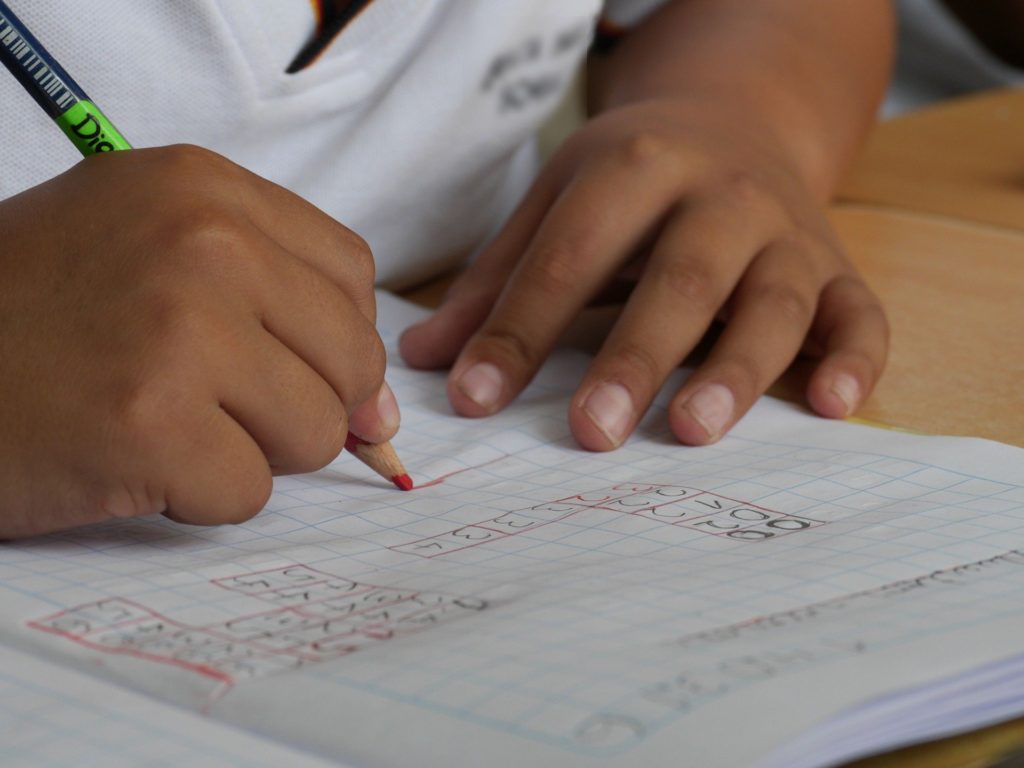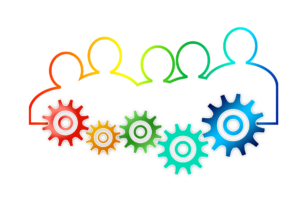The Importance of Collaboration and Treating the “Whole Child”

Each of us, as special education professionals, are considered experts in our field. Speech pathologists (SLP) know communication, occupational therapists (OT) understand fine motor control, social workers (SW) treat social emotional challenges, and so on. However, there are so many aspects of development and academic skill building that require multiple systems; rarely is a skill isolated to only speech or only cognition. For example, the skill of reading aloud in class requires knowledge of the content (teacher), language comprehension and reading fluency (SLP), visual motor integration (OT), and confidence to speak in front of one’s peers (SW). As another example, research has found that delays in one area, such as language, can impact development in other skills such as reading, writing, behavior, peer interactions, and even mental health for years later, including into adulthood. Imagine a child demonstrating significant behavior challenges, and then learning that the root cause of the behaviors is actually a medical disorder. We can quickly see how all of us as professionals may depend on an understanding of skills beyond our expertise to appropriately address the challenges a child may be facing.

In a school environment, perhaps the most important communication to have is with the student’s classroom teacher. Teachers are with their students every day and have insight into the abilities and challenges of their students that related service providers may not see in small increments in their therapy room/office. The purpose of related services is to support the student’s ability to access their education. Therefore, we have the responsibility to understand what our students are expected to do within the classroom and how the student’s challenges are impacting their performance. Additionally, related service providers can take ideas from classroom content to drive their therapy and reinforce what the student is learning. For example, speech therapists can use vocabulary lists from the current unit to practice spelling, articulation, or word meanings.
Here are a few ways we can collaborate with fellow special education professionals:
- Ask a teacher how the student performs in the classroom, specific to your goal/skill area. Is there generalization of what you work on during individual sessions?
- Ask another related service provider if you can observe or co-treat for a session. Are there differences in how a child behaves?
- If you’re facing a challenge during your sessions, think how it may be related to another area. Can you ask an occupational therapist for strategies to help your student sit still and focus? Can you ask a speech therapist for ways to cue a child who is struggling to use their words? Can you ask a social worker or psychologist for behavior management strategies?
- If you are noticing recurring concerns among a group of staff/teachers, consider offering an in-service to your building. You could discuss red flags for articulation in 1st graders or strategies to support handwriting. This can act as a refresher for experienced teachers and an introduction for new teachers.
- Collaboration can also be utilized among individuals of the same profession. It can be helpful to speak to a colleague who may give a new perspective or interpretation. Sometimes, it is just beneficial to talk through your challenge out loud to help yourself come to a new conclusion.
With many schools starting the school year in remote learning, collaboration may be more challenging, but also more important. It will be essential for teams to have a coordinated plan to provide support to their students, which will hopefully provide some structure and routine for students, help to ensure their education is as close to the normal school year as possible, and facilitate the transition back to in-person learning. Just because we may not be together in the same building does not mean we cannot work together. Special education teachers and related service providers form a team. Your teammates will rely on your expertise and you should rely on theirs.









1 Comment
Can Behavior Technicians Collaborate With My Child's Team? - Rainbow Therapy
March 12, 2024 at 6:30 pm[…] https://www.anthromed.education/2020/08/28/the-importance-of-collaboration-and-treating-the-whole-ch… […]
Comments are closed.